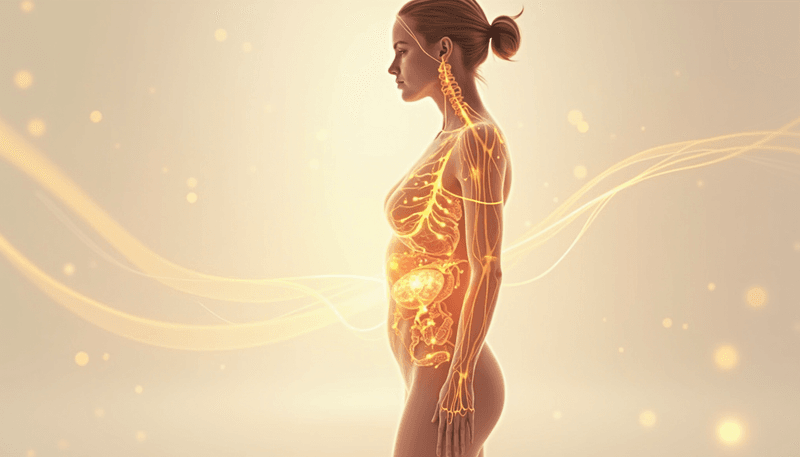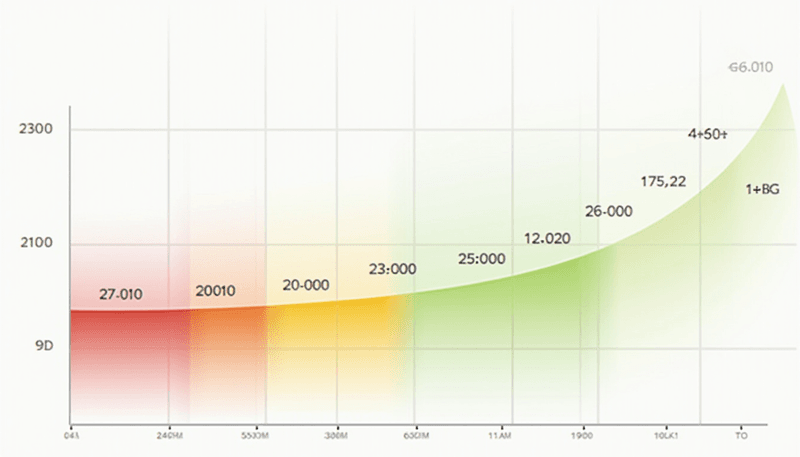Vitamin D: Your Secret Menopause Ally

That burning sensation creeping up your neck, the midnight tossing and turning, the mood swings that seem to come out of nowhere – if you're approaching or experiencing menopause, these symptoms might sound all too familiar. But what if I told you that a simple vitamin could be the key to making this transition more manageable? New research reveals surprising connections between vitamin D levels and menopause symptoms, offering hope for millions of women worldwide.
As someone who's spent years researching women's health, I've seen how menopause can impact every aspect of life. But this groundbreaking study of 74 menopausal women aged 44-55 has opened up new possibilities for managing these changes naturally. Let's explore what this means for you and your body.
The Vitamin D-Menopause Connection
Think of vitamin D as your body's master key. Just as a key opens different locks in your house, vitamin D unlocks various processes in your body. The research shows that women with sufficient vitamin D levels (above 30 ng/mL) experienced significantly fewer menopause symptoms compared to those with deficient levels (below 20 ng/mL).
Have you ever noticed your menopause symptoms getting worse during winter months when sun exposure is limited?
The science behind this is fascinating. Vitamin D receptors are found throughout your body, including areas that regulate mood, temperature, and hormone production. When these receptors don't get enough vitamin D, it's like trying to start your car with a weak battery – things just don't run as smoothly.
Managing Hot Flashes and Mood Swings Naturally
The study revealed something remarkable: women with adequate vitamin D levels reported less severe hot flashes and better emotional stability. Here's what you can do:
- Get 15-20 minutes of morning sun exposure daily (before applying sunscreen)
- Include vitamin D-rich foods in your diet:
- Fatty fish (salmon, mackerel)
- Egg yolks
- Fortified dairy products
- Consider supplementation after consulting your healthcare provider
"Every woman's menopause journey is unique, but vitamin D could be the supporting actor we've been overlooking in this natural life transition."
Better Sleep and Joint Comfort
The research highlighted another interesting finding: women with optimal vitamin D levels reported better sleep quality and less joint discomfort. This makes sense when you understand that vitamin D helps regulate our sleep-wake cycles and supports bone health.
Here's my practical advice based on the research:
-
Create a vitamin D-friendly bedtime routine
- Get outdoor exposure earlier in the day
- Keep bedroom cool and dark
- Limit screen time before bed
-
Support joint health
- Gentle morning stretches
- Regular movement throughout the day
- Combine vitamin D with calcium-rich foods
What small change could you make tomorrow to increase your natural vitamin D intake?
Understanding Your Numbers
The study identified a crucial threshold: 25.31 ng/mL of vitamin D in your blood. Below this level, menopause symptoms tend to become more severe. This is why I recommend:
- Regular vitamin D testing (especially if you're approaching menopause)
- Tracking your symptoms alongside vitamin D levels
- Working with your healthcare provider to maintain optimal levels
The relationship between vitamin D and menopause symptoms isn't just about numbers – it's about quality of life. When one of my readers, Sarah, started paying attention to her vitamin D levels, she noticed significant improvements in her hot flashes within months. "It wasn't a miracle cure," she told me, "but it made the symptoms much more manageable."
What aspects of menopause impact your daily life the most, and how might addressing vitamin D deficiency help?
As we wrap up, remember that managing menopause is about working with your body, not against it. The research shows that something as simple as maintaining healthy vitamin D levels could make a significant difference in your menopause journey.
Ready to take action? Start by scheduling a vitamin D test with your healthcare provider and spending a few minutes in the morning sun. Your future self will thank you.

Amelia Grace Okonkwo
Amelia Grace Okonkwo is a freelance health writer and author with over 15 years of experience in health journalism, specializing in women's health and autoimmune disorders. With a background in biology and a Master’s in Public Health from Johns Hopkins, she combines scientific accuracy with a storytelling approach to make health information accessible and empowering. Amelia is known for her bestselling book, "The Skin We're In," which explores autoimmune disorders and their impact. She is passionate about delivering practical health insights for women, addressing topics from midlife wellness to mental health.








